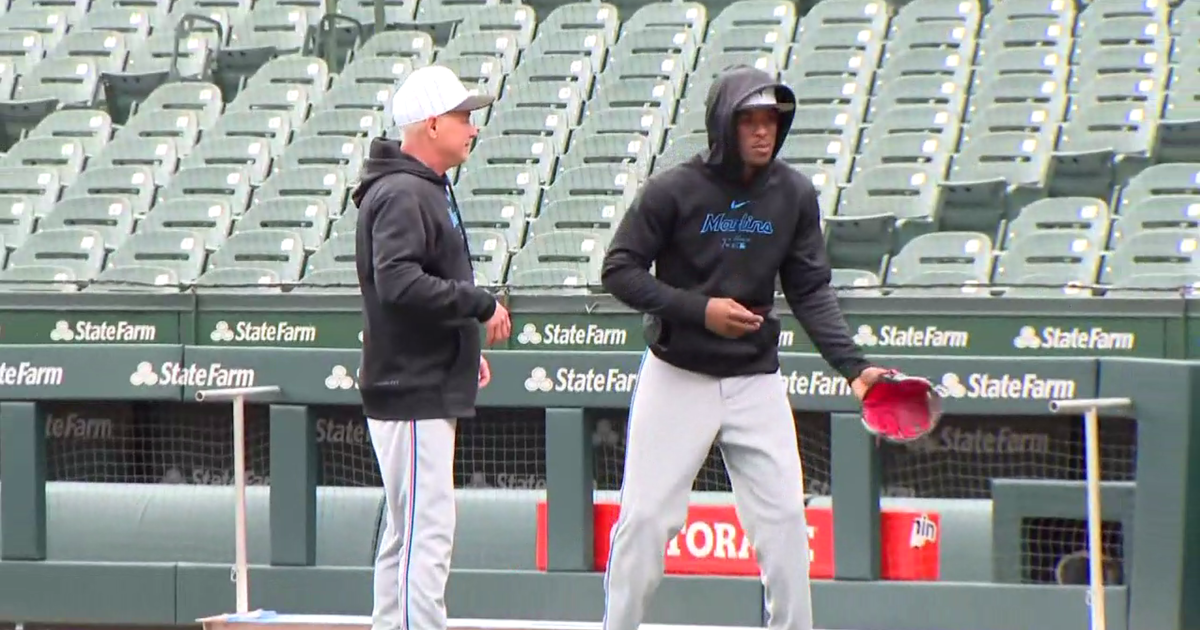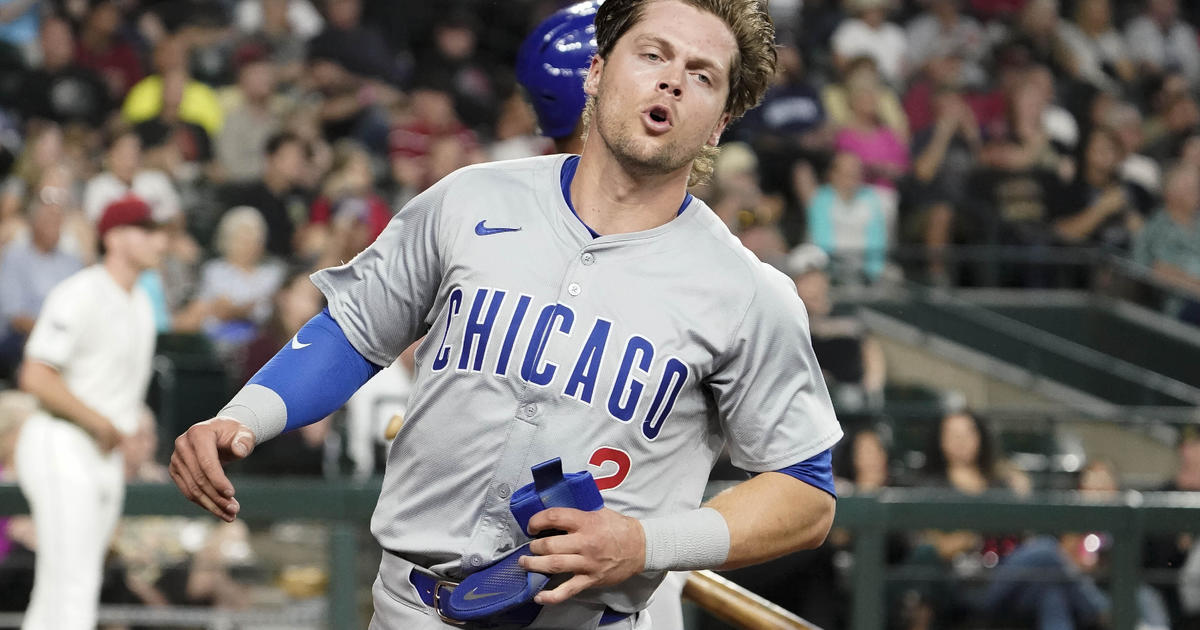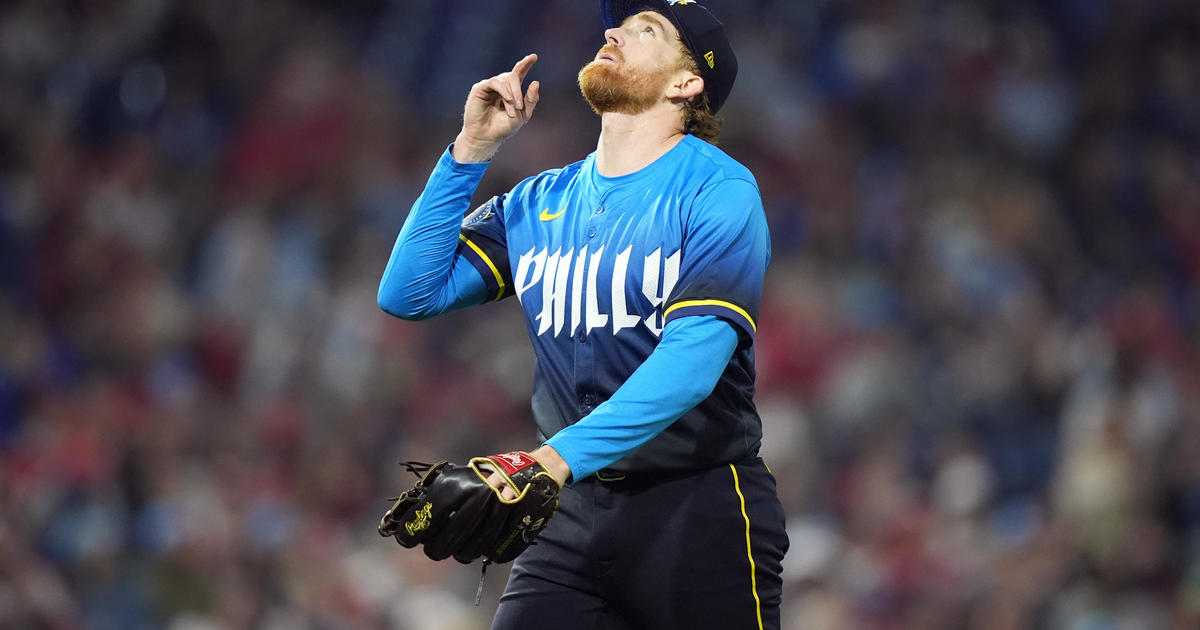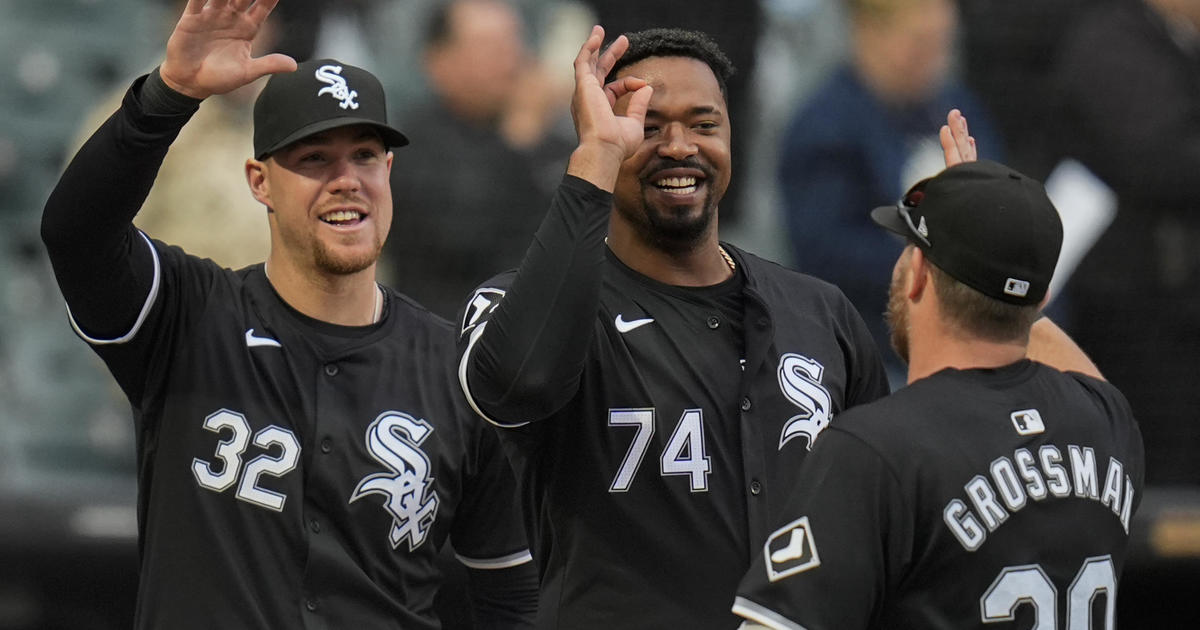Baffoe: 25 Years Later, 'Major League' Still Endures
By Tim Baffoe-
(CBS) On Opening Day of every baseball season, I'm highly conscious of the first plate appearance for the White Sox and Cubs. Something supernatural about whether the lead-off hitter in the first game gets on base takes precedent over whatever prediction I had already made for 162 games for each team. This solely because of Harry Doyle.
"A lotta people say you can tell how a season's gonna go by the first hitter of the year," says Doyle, the fictional Cleveland broadcaster in Major League, just before Willie Mays Hayes legs out an infield single for the long-lowly Indians.
(For the record, Adam Eaton singled to begin the season for the Sox, and Emilio Bonifacio singled for the Cubs and should have been later out at first had Travis Ishikawa not dropped a pickoff throw.)
Major League, which celebrates the 25th anniversary of its theatrical release this week, is no doubt an all-time great sports film in a genre of really ardent and arguing fans. Many might argue it's the best baseball film ever made … and get instant blow-back from defenders of The Natural or Pride of the Yankees or the very overrated Field of Dreams (yeah, I said it). Personally, it's Bull Durham, but this isn't about ranking films.
What separates Major League, though? Why is it a "stop what you're doing on a Saturday afternoon in November and watch on basic cable" flick? Why does it specifically endure with us?
Well, unlike baseball films that came before it, for the most part, it isn't rife with the fussy aspects of the game — the tradition, the mythology as gospel, the sepia barf. It's goofy and quirky and fun and takes the narrative of the lovable losers that have infamously resided in Cleveland in non-fiction form and puts the infinite monkey theorem to it with caricatures of all things baseball.
The movie is insanely quotable. I would guess that the mere mention of the movie gets at least half of its fans to reflexively blurt out Doyle's call of "Juuuuuuust a bit outside." Doyle is the antithesis of the Vin Scully- or Pat Hughes-type of dry, polished professional broadcaster. He cares, but he doesn't care what other people think of his work. And even for the staunchest of baseball purists, that's refreshing.
The team also has the embodiment of what we most love to hate in sports — the evil owner. Despite the likes of Donald Sterling and Mike Brown, the devil incarnate sports owner is actually a rarity, yet we need something to hate and blame at all times, and it's easier to villainize a rich person than the guys actually putting in work on the field. It's so fun to root for the fictional Indians to then strip off pieces of clothing from the cardboard effigy of owner Rachel Phelps in their locker room. She is every tone deaf, cheap private suite royal we all have despised at some point.
Nothing about the film is overly absurd like a Will Ferrell sports comedy is. Major League isn't satirizing the game; it's highlighting the fun we forget to have with baseball. Rick "Wild Thing" Vaughn is the guy you would absolutely hate on a team not your own — you'd complain about his stupid jersey number and bad haircut and glasses (see: Brian Wilson without the unnecessary avant garde).
Pedro Cerrano is our apprehensiveness toward the "different" new foreign player that quickly changes to love once the dingers fly out. Roger Dorn is the postmodern Rovellian athlete we can't stand, and Eddie Harris is the player on Twitter with a Bible quote in his profile and retweets of The Blaze on his timeline. Manager Lou Brown is Jim Leyland's beloved crusty-but-wise attitude and what the latter should sound like with his cigarette habit.
Willie "Mays" Hayes is the scrappy hustle guy, and Jake Taylor is the everyman who probably shouldn't be in The Show any way that we probably most identify with. The Cleveland fans in the film are wince-inducing to look at today, what with the their very insensitive feathers and facepaint and drums (and unfortunately those fictional meatballs are reality in 2014), but that for better and worse was 1989, not that we're proud of it or endorse a dismissal of attention to Native American imagery issues. I find that ugly aspect of the film endearing — it's imperfect and a reflection of political incorrectness of old that we are learning to remedy today.
Twenty-five years later, a film without interleague play, wild cards, Progressive Field or acknowledgment that a team's logo is really socially awful endures with an audience (and its awful sequels rightfully do not). Probably because even though we have changed and baseball has changed, there is still some of a quirky, pesky, vulgar, imperfect, hilarious baseball team from 1989 in the fans and game of 2014.
You can follow Tim on Twitter @TimBaffoe, but please don't follow him in real life. E-mail him at tenfootmailbag@gmail.com.



